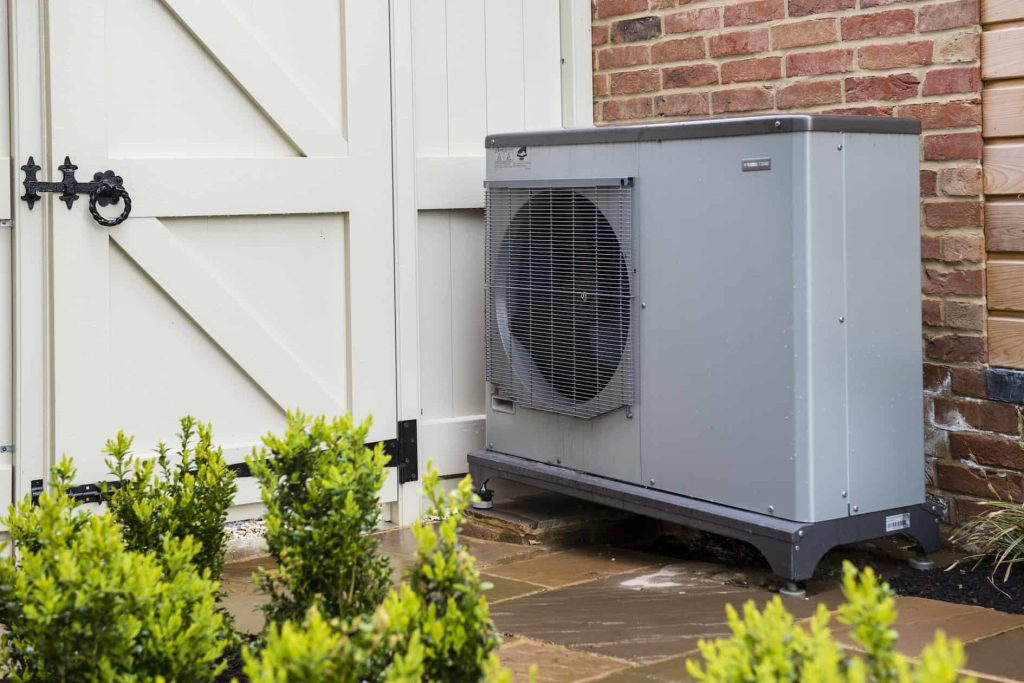The evolution of heat pump technology has seen remarkable strides over recent years, driven by a combination of environmental concerns, regulatory pressures, and technological advancements. Leading heat pump manufacturers have leveraged cutting-edge technologies to enhance efficiency, reduce costs, and improve the overall performance of their systems, propelling the market forward. One significant technological advance driving the success of heat pump manufacturers is the integration of variable speed compressors. Traditional heat pumps operate at fixed speeds, which can lead to inefficiencies and increased wear and tear. In contrast, variable speed compressors can adjust their speed based on the heating or cooling demand, providing more precise temperature control and reducing energy consumption. This not only enhances the efficiency of the heat pump but also extends its lifespan by minimizing the stress on components. Another key innovation is the development of advanced refrigerants. Historically, heat pumps have used refrigerants that contribute to global warming and ozone depletion.

However, recent advancements have led to the creation of eco-friendly refrigerants with lower global warming potential GWP. These new refrigerants not only align with stringent environmental regulations but also improve the heat transfer capabilities of the heat pumps, resulting in better performance and higher energy efficiency. Smart technology integration is another area where leading heat pump manufacturers are excelling. The incorporation of Internet of Things IoT technology allows for remote monitoring and control of heat pumps via smartphones or other smart devices. This connectivity enables users to optimize their energy use, receive maintenance alerts, and even diagnose issues before they become major problems. Furthermore, manufacturers are utilizing data analytics to predict performance trends and optimize system operation, ensuring that the heat pumps run at peak efficiency at all times. Enhanced heat exchanger design is also a critical factor in the advancement of heat pump manufacturers. Modern heat exchangers are designed to maximize the surface area for heat transfer while minimizing resistance to fluid flow. Innovations such as micro channel heat exchangers, which use smaller channels to increase the heat transfer rate, have significantly improved the efficiency of heat pumps.
Additionally, manufacturers are employing advanced materials with superior thermal conductivity to further boost performance. The integration of renewable energy sources has also been a game-changer for the heat pump industry. Hybrid systems that combine heat pumps with solar panels or wind turbines are becoming increasingly popular. These systems leverage renewable energy to power the heat pumps, reducing reliance on traditional energy sources and further decreasing carbon emissions. Such innovations are not only environmentally friendly but also offer substantial cost savings over the long term. Moreover, advancements in manufacturing processes and materials have contributed to the success of heat pump manufacturers and view the page www.jnodenergy.com. The use of 3D printing and automation in the production of heat pump components has led to increased precision, reduced production costs, and shorter lead times. High-performance materials, such as advanced polymers and composites, are being utilized to create more durable and efficient components, enhancing the overall reliability and performance of the heat pumps.
